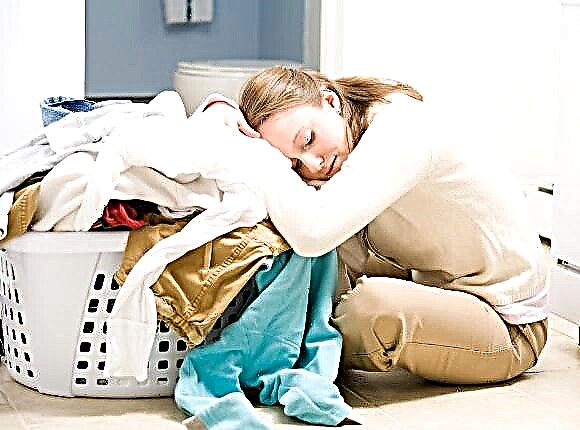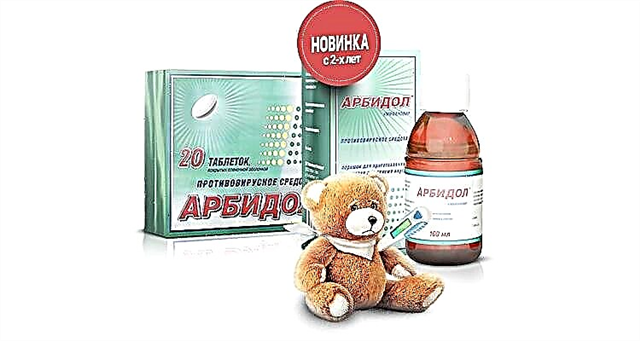
In some babies, the first teeth appear without any unpleasant symptoms, but in most cases, the mother will find out that the baby will soon have a new tooth by her capricious behavior, refusal to eat, fever and other signs of malaise.
To facilitate the appearance of teeth, various local remedies are used, among which there are homeopathic remedies. One of them is Dentokind. Although such a remedy is permissible even for infants, before you buy it for a toddler, it is worth learning more about its action and permitted dosages.


Release form and composition
"Dentokind" is presented only in a solid form and is white homeopathic tablets, which have a flat cylindrical shape. They are sold in glass bottles of 150 pieces. In the form of a solution, such a tool is not released.
The action of "Dentokind" is provided by several components at once, which are contained in each 15 mg tablet. Among them are pulsatilla, belladonna, ferrum phosphoricum and hamomilla. All of them are presented in D6 dilution.
Another active component of tablets called hepar sulfuris has a D12 dilution. Among the auxiliary ingredients of the product are magnesium stearate and lactose monohydrate, as well as microcrystalline cellulose and talc.

Principle of operation and indications
The homeopathic ingredients found in Dentokind can relieve the symptoms of teething.
They reduce swelling and pain while helping to reduce gum inflammation. In addition, the use of pills helps to cope with irritability, moods and anxiety. And therefore the main indication for the use of "Dentokind" is the appearance of new teeth - both milk and molars.

At what age is it prescribed?
The use of "Dentokind" is possible in children of any age, but first you should consult a pediatrician.
The drug is also used for babies, when their first teeth appear, and for schoolchildren, if the change of milk teeth to permanent ones brings discomfort.

Contraindications
"Dentokind" is not used in patients with individual hypersensitivity to any component of the tablets.
The product should not be given in case of lactose intolerance and lactase deficiency, because it contains milk sugar. In addition, tablets are not used in babies with glucose-galactose malabsorption.


Side effects
The child may react to Dentokind with a rash, itching and other allergic reactions.
In this case, the tablets are immediately canceled. Occasionally, at the beginning of taking the pills, as in the treatment of any other homeopathy, the condition may worsen, which also requires stopping further intake of Dentokind.

Instructions for use
The drug is recommended to slowly dissolve in the oral cavity, and if the child is less than three years old, the tablet is dissolved in a teaspoon of water. It is best to give Dentokind half an hour before feeding, and if the child has just eaten, taking the pill should be postponed for 30-40 minutes.
To eliminate acute symptoms, the remedy is given to a small patient every hour, but under the following conditions:
- if the baby is not yet three years old, a single dose is one tablet, and the permissible amount per day is 6 tablets;
- if the child is already 3 years old, he should receive 2 tablets at once at one time, and per day, accordingly, it is permissible for him to give no more than 12 tablets.


As soon as the symptoms begin to subside, "Dentokind" continues to be given in single doses recommended for age, but only three times a day. In total, the remedy is used for up to seven days, and if you need to give it again, it is recommended to consult a doctor.
If, after two days from the beginning of use, no improvement is noted, the child should also be examined by a pediatrician.

Overdose and compatibility with drugs
The maximum permissible number of tablets in childhood is 12 pieces. If the child accidentally swallows more than this amount, you need to contact your pediatrician and monitor the condition of the little patient, although there have been no cases of Dentokind overdose during the entire period of drug use.
The manufacturer also does not mention incompatibility with medications, but when taking any other medications, it is advisable to discuss this with your doctor.


Terms of sale and storage
You do not need a doctor's prescription to buy Dentokind in a pharmacy. The price of one package of the product varies in different pharmacies from 500 to 650 rubles.
Store tablets at home in a dry place so that a small child cannot find them. The recommended storage temperature is from 15 to 25 degrees Celsius, and the shelf life of the drug is 5 years.

Reviews
In most of the reviews that parents leave about Dentokind, the tool is praised and called effective.
According to moms, the drug helped their babies to cope with the eruption of milk teeth easier. The portability of the drug, judging by the reviews, is good, and among its disadvantages, only high cost is usually called. In addition, sometimes "Dentokind" proved to be powerless and instead had to use other drugs that were better suited to a particular child.

Analogs
If you need to replace "Dentokind" with a similar product, the doctor may advise:
- Solution "Dantinorm Baby"... It is also a homeopathic remedy that contains ivy, chamomile and rhubarb. It is packaged in portions and used internally by children of any age.
- A drug Calgel. Such a dental agent works thanks to lidocaine and cetylpyridinium, which effectively eliminate painful sensations and have antiseptic properties. The drug is approved from the age of five months.
- Gel "Dentinox". Its active ingredients are chamomile extract and lidocaine, and there are no age limits for the use of such a remedy. This gel can be used both for teething of the first teeth in infants, and for painful appearance of molars in schoolchildren.
- Means "Holisal". It includes the antiseptic component cetalkonium chloride and the anti-inflammatory component choline salicylate. Such a gel is used not only during the appearance of new teeth, but also for stomatitis, cheilitis, gingivitis and other inflammatory processes in the mouth. In children, it is used from 1 year old, but sometimes it is prescribed to infants, but only after consulting a doctor.
In addition, if a baby with teething teeth has a high fever and severe pain, the doctor will prescribe analgesics and antipyretics that are allowed in childhood, for example, Nurofen, Panadol, Ibufen, Efferalgan or Calpol.
They should be given to children only after the appointment of a doctor, since they have contraindications, and the dosage is calculated by age.

It is very simple to dissolve and prepare medicine for a child. It's easy to verify this - the process is presented in the next video.



